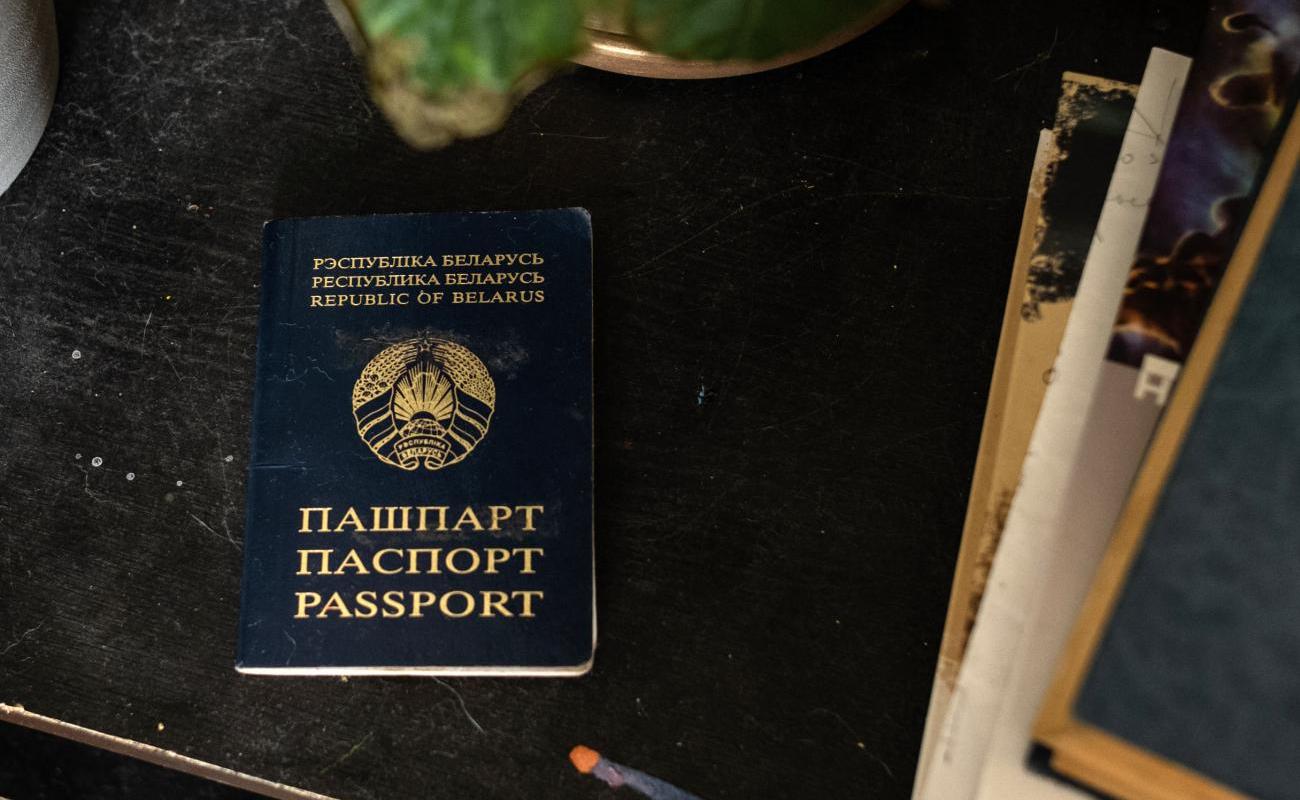Passport as a weapon. What does Lukashenko intend?

Belarus' latest passport changes are seen as a new escalation of Lukashenko's campaign against Belarusians who left the country after mass protests in 2020.
According to a decree signed by Belarusian dictator Alexander Lukashenko on September 4, Belarusian diplomatic missions will no longer issue new passports to Belarusian citizens living abroad and will no longer renew expired personal documents. Instead, citizens living abroad will have to return to Belarus to obtain a passport. The new rules will also make it harder for Belarusians living outside the country to sell real estate and other assets.
The changes are seen as a new escalation of Lukashenko's campaign against Belarusians who left the country after mass pro-democracy protests in 2020. Thousands of people left Belarus in late 2020 and sought refuge in other European countries after being arrested or facing criminal charges for taking part in protests across the country aimed at overturning rigged presidential elections and ending 26 years of dictatorial rule. Many of the current exiles faced human rights abuses while in detention, including torture.
The cancellation of consular services puts Belarusians in exile in a dangerous position. If they do not return to Belarus to renew their expired passports, they could find themselves without a key identification document and unable to access a wide range of basic services in their countries of current residence. However, returning to Belarus may lead to arrest and prosecution, due to their participation in anti-government actions.
The leader of the democratic forces of Belarus, Svitlana Tihanovskaya, called on exiled Belarusians not to return to Belarus if they are in danger of persecution. She promised to raise this issue with the officials of the countries where Belarusians live, as well as to try to achieve international recognition of the initiative to issue alternative passports, which was recently launched by the opposition movement in exile.
"The refusal to issue passports to Belarusians abroad is another trick of Lukashenka," Tihanovska wrote on Twitter. "This is not only the regime's revenge on those who are in exile, but also an attempt to put pressure on the democratic countries that accept them. The call for the return of Belarus is an obvious trap. We're not going to get into that."
There is no accurate data on the number of people who left Belarus in the past three years. Estimates vary greatly, and official data do not allow insight into those who left Belarus as political exiles and those who moved abroad after 2020 for professional or personal reasons.
In the latest Eurostat report on migration to the European Union, it is stated that the citizens of Belarus received approximately 309,000 residence permits in the EU in 2022, which is almost nine percent of the total number of issued permits. According to a study by the Parliamentary Assembly of the Council of Europe, about half a million Belarusians could leave the country by 2020. It can be assumed that now
hundreds of thousands of Belarusians could potentially face problems due to the need to renew their passports.
The new restrictions on consular services are not the first example of Lukashenko's persecution of Belarusian refugees. In early 2023, he introduced a new law that allows Belarusians living abroad to be stripped of their citizenship if they are found guilty of "extremism." At the same time, a number of opposition leaders were sentenced in absentia, and Tihanovskaya herself was sentenced to 15 years in prison.
Belarusians in exile are deprived of the opportunity to exercise their democratic rights as citizens. During the controversial referendum on amending the Belarusian constitution in February 2022, the Ministry of Foreign Affairs of Belarus refused to open polling stations in Belarusian embassies, citing security concerns and lack of staff. Instead, Belarusians living abroad were invited to return to Belarus to vote.
None of the representatives of the Belarusian democratic opposition in exile harbors illusions — they are all aware of the danger of returning to their homeland. Human rights organizations have already warned of an increasing number of cases of detention of Belarusian returnees. In some cases, detainees were forced to record video confessions of involvement in pro-democracy actions.
Over the past three years, Lukashenko has consistently tried to downplay the pro-democracy uprising in Belarus in 2020, trying to portray it as a foreign conspiracy. He publicly called on exiled citizens to return to their homeland and even established a government commission to facilitate this process. However, few seem willing to take him at his word. On the contrary, the recent ban on renewing passports is seen as another confirmation that the Belarusian dictator still wants to punish citizens whom he previously called "fugitives" and "traitors".
